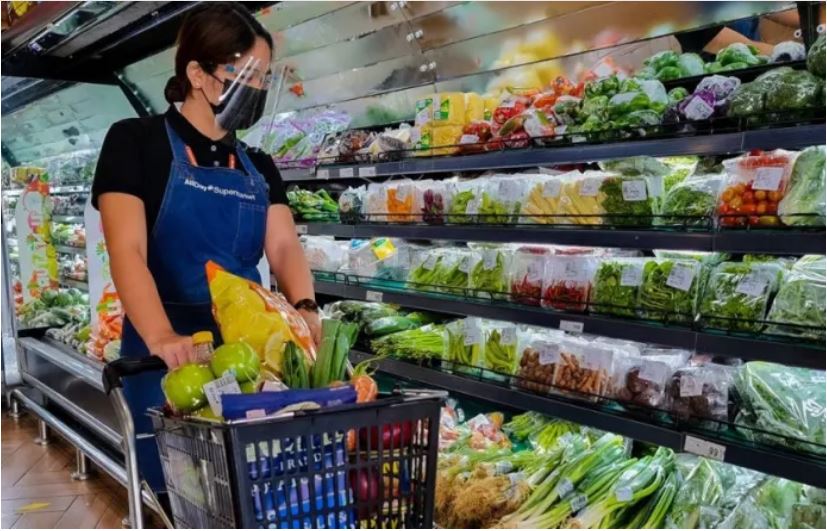Philippines seen to profit once commodity prices fall
THE Philippines is among the commodity-dependent group of emerging markets (EM) with generally good fundamentals that will profit once commodity prices fall following the Russia-Ukraine conflict, according to analysts at Nomura Securities Ltd.
Nomura analysts Rob Subbaraman and Si Ying Toh wrote in a research released on Tuesday that they have recently changed to a more nuanced approach, aware of the hazards of assessing EM as one homogeneous group because they perceive a growing difference between EM winners and losers.
The Russia-Ukraine conflict, they argued, adds another degree of difficulty to the EM outlook.
“This is no doubt a major shock for EM economies but, as we will explain, it is not necessarily negative for all; this crisis and surge in commodity prices is likely to drive a further wedge between EM winners and losers,” they said.
The analysts said EM economies are vulnerable to the Russia-Ukraine conflict through two main channels: direct exposure through trade and investment linkages with the warring countries; and indirect exposure through a rise in commodity prices.
In terms of indirect exposure, they said that the war has resulted in an unprecedented rise in commodity prices, which is expected to build a wedge between EM losers, or major net importers of commodities, and EM winners, or large net exporters of commodities.
Subbaraman and Toh highlighted “most EM countries are large net importers of energy and some — South Korea, Czech Republic, China, Romania, Egypt and the Philippines — are also sizable net importers of food, making them doubly exposed.”
They also maintain that an underestimated truth is how much faster EM countries’ consumer price index (CPI) inflation has grown than in developing markets (DM).
The Nomura analysts said the rise in commodity prices — particularly food costs, which have a far bigger weighting in EM countries’ CPI baskets than their DM counterparts — would push more EM countries into double-digit inflation territory.
“Even in Asia, where inflation has been relatively low, prices are set to accelerate. As for GDP (gross domestic product) growth, most of EM are still far from achieving a full post-pandemic economic recovery,” they added.
Peru, the Philippines, Czech Republic, Thailand, Indonesia and Romania, the analysts mentioned, could profit from a period of growth “catchup” provided their fundamentals are robust, they have limited exposure to Russia, and they gain from high commodity prices.
On the other hand, if they have weak fundamentals, large exposure to Russia, and suffer from high commodity prices, such as the Czech Republic, Romania and the Philippines, their economies can become more vulnerable.
When it comes to putting it all together, Subbaraman and Toh said the majority of the 20 main EM economies they studied may be divided into three categories.
First, a vulnerable group — Hungary, Romania, Turkey, the Czech Republic and, no doubt, Russia — that have weak economic fundamentals and large negative exposure either directly to Russia and Ukraine or indirectly via high commodity prices.
Second, a resilient group — Brazil, Peru, Mexico, South Africa and Indonesia — that have fairly healthy economic fundamentals, limited exposure to the Russia-Ukraine war and could benefit from high commodity prices.
Lastly, a commodity-dependent group — China, South Korea, India, Thailand and the Philippines — that have relatively sound fundamentals and will benefit once commodity prices decline.
Source: https://www.manilatimes.net/2022/03/30/business/top-business/ph-seen-to-profit-once-commodity-prices-fall/1838090


 English
English




